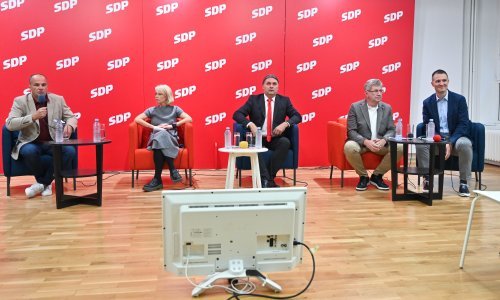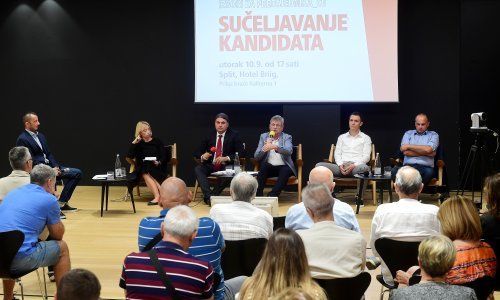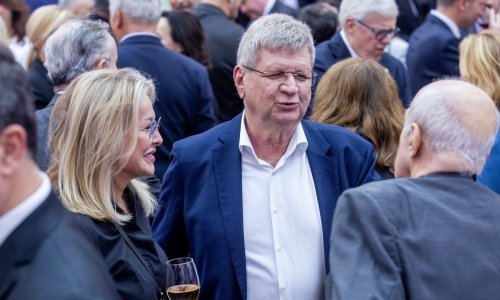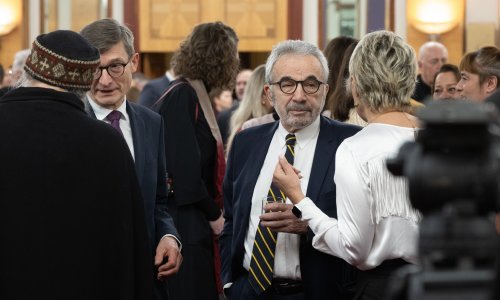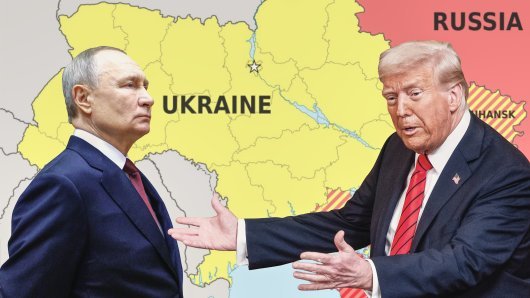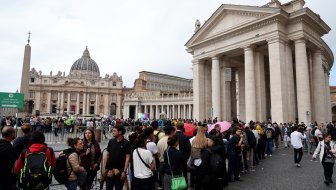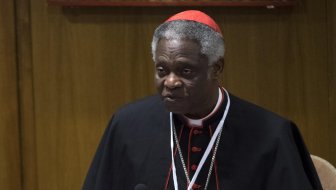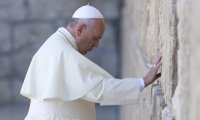Addressing a ceremony marking the 67th anniversary of victory over Fascism, the liberation of Croatia and its capital Zagreb, and Europe Day, Parliament Speaker Boris Sprem said on Wednesday that the 1944 session of the National Anti-Fascist Council of the People's Liberation of Croatia (ZAVNOH) in Topusko was "a passport with which Croatia travels to Europe today".
The special commemorative event was held in Topusko, 70 kilometres south of Zagreb, to mark the third conference of ZAVNOH held on 9 May 1944. ZAVNOH was the highest governing body of the anti-fascist movement in Croatia during World War II.
According to the Sabor Speaker, on 9 May 1944, 105 ZAVNOH councillors made decisions for a mature European country which saw its future in democracy.
"Those were decisions on the rights of the nation and citizens of Croatia, the equality of Croatians, Serbs and other peoples and the equality of women and men, religious freedoms... elimination of illiteracy and free education," Sprem said in his speech in Topusko.
The government's envoy, Labour Minister Mirando Mrsic, said that "anti-Fascism lives in Croatia continuously".
Just as in 1944 we laid the anti-fascist foundations of the Croatian Parliament, and then in the 1990s we knew how to defend Croatia against Fascist-style aggression, so we now know that with Croatia's entry into the European Union we will continue living as a part of anti-Fascist Europe," Mrsic said.
The ceremony was greeted by the Slovak Ambassador to Croatia, Roman Supek, who said that he had arrived as an envoy of the anti-Fascist coalition member-states.
We must struggle for the main anti-Fascist values -- freedom and democracy -- now and in the future, taking ongoing conflicts in the world as a warning, the Slovak diplomat said.





